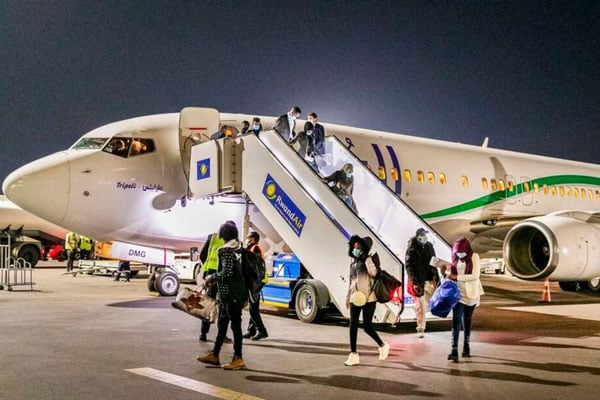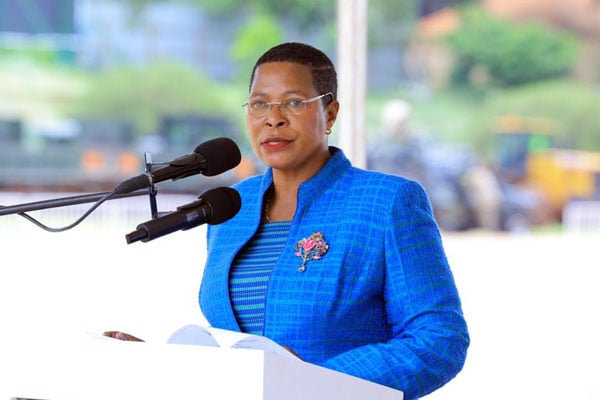Let minister Engola’s death not be in vain

Deceased: State minister for Labour, Col (rtd) Charles Okello Engola. PHOTO/ FILE
What you need to know:
- The issue: Pay for civil servants.
- Our view: We should be asking ourselves whether what our institutions are paying match inflation and a cost of living that has left most Ugandans in the employment of government struggling to put food on the table and meet the increasingly high cost of education, medical treatment and other amenities.
On Tuesday morning, the nation was left shell-shocked by killing of the State Minister for Labour, Col (Rtd) Charles Okello Engola, by his bodyguard, Pt Wilson Sabiiti. It was the first time in the history of Uganda that a bodyguard has taken out his principal.
The motive behind the shooting that also left the minister’s aide-de-camp injured, is still the subject of an investigation, but there are clues suggesting that the escort was a frustrated man, weighed down by an inability to fulfil family and personal obligations.
Information from Sabiiti’s birthplace in Kabarole District indicates that Sabiiti was being weighed down by heavy school fees. Instead of remitting money from Kampala to the village, he would often ask his sister to send him some money for his upkeep.
Whereas the army was quick to dismiss talk of delayed payments of salaries and allowances, the discussion should no longer be around how promptly government institutions pay, but how much or what they pay.
We should be asking ourselves whether what our institutions are paying match inflation and a cost of living that has left most Ugandans in the employment of government struggling to put food on the table and meet the increasingly high cost of education, medical treatment and other amenities.
In 2006, the Ministry of Public Service carried out a public service pay policy review which had a longer-term target of ensuring that public servant are paid at market level. That has largely not happened.
In 2017 government put in place a comprehensive pay plan informed by a job evaluation. The cost of living adjustment was estimated at Shs925,000.
That took into account the lunch; transport fares for 25 working days; accommodation at an average rate of Shs200,000 per month; Shs200,000 for feeding a family of three and meeting the cost of utilities. The proposal concluded that the lowest paid public officer should be getting a salary of Shs1.1m per month.
That would, of course, not be enough to meet a cost of living that has shot through the roof, but more disturbing is the fact that up to 296,403 employees who represent 94.5 percent of the 314,501 government employees earn less than Shs1.2m.
The situation calls for serious discourses aimed at improving the pay and working conditions of all public servants. Col Engola’s death at the hands of a frustrated escort will have been in vain if that does not happen.




